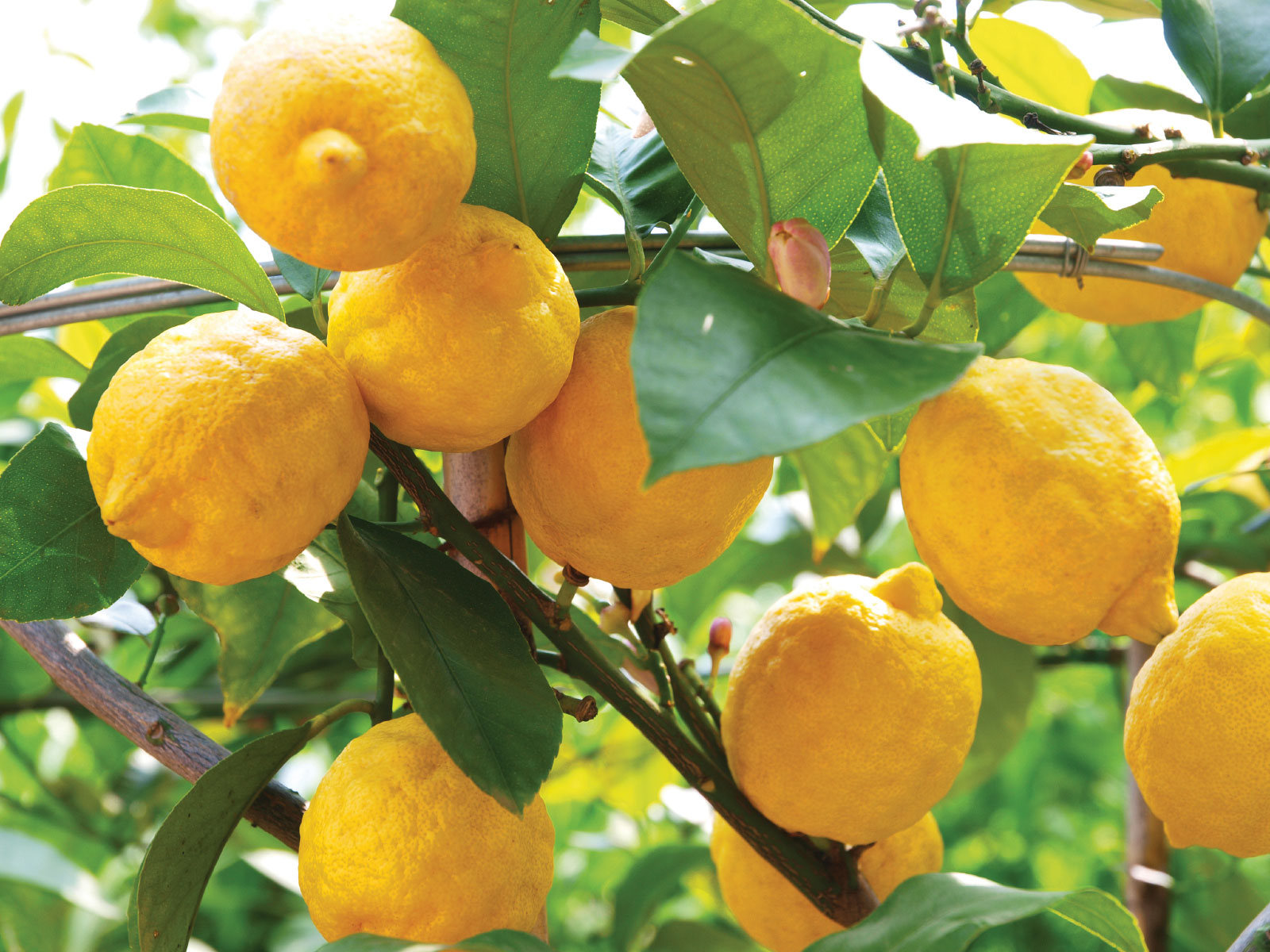Words Tennille Ziegler
Death is one of life’s certainties, but it’s rarely discussed. Is it time to end avoiding the end?
Last year when Covid entered our lives, we all faced the concept of death a little more directly than perhaps we had done before.
Whether we’ve lost someone or not, we can probably agree that the thought of dying is scary.
However, in many cultures, death is not feared, in fact it’s celebrated.
If you look at it logically, it’s something we all have to face in our lives at some point.
No one is immune to it.
So where did this notion of fear come from? How can we work to overcome it, or at least make the ideas of dying or losing a loved one seem a little more comprehensible?
Way back in the late 1800s and early 1900s, most people died at home, cared for by family.
Changes in those customs arrived along with the 21st century.
With medical advancements, more people were dying at a hospital or in a hospice.
A fear of death developed and, in particular, a fear of corpses, and so the funeral industry was born.
This was influential in death becoming increasingly hidden from public view, rather than a familiar part of life.
Melanie Mayell, founder of the Death Matters Conference and Death Café in Christchurch, says death was not part of her childhood.
Growing up in the 70s, her well-meaning parents felt it kinder to shield her and her siblings from the dying and the dead.
From then on, the very idea of death gave her nightmares and she avoided thinking about the subject altogether. Sound familiar?
“I think we do our children a great disservice when we shield them from death to protect them from feeling sad,” says Mayell.
Mayell thinks our physical distance from death created an emotional distance.
It became something that was hidden away behind closed doors and only talked about (if at all) in hushed tones.
“We’d gone from one extreme to the other and became a death-phobic society. Any conversation about death was seen as morbid and unnatural.”
So maybe, the thought of being faced with death doesn’t need to be such a confronting concept after all.
Let us look at different cultures and how they deal with death.
Māori Customs
Māori custom has changed very little from its traditional practices.
The tradition is to hold a tangihanga – a Māori ceremony to mourn the dead.
After a person dies, their body is displayed in an open coffin for a three-day tangi, traditionally held on a marae.
People come to pay their respects and the close family stays with the body through the whole process.
According to singer Moana Maniapoto, Māori believe the more wailing and carrying-on at a tangi, the better.
It’s healthy, it honours the dead, and helps explain death too.
Maniapoto goes on to explain tangihanga is “the ultimate Māori cultural expression, the most resilient of our traditions. Full of ritual and emotion, tangi are a showcase of oratory, song and storytelling.” (As read on E-Tangata.)
Exploring the East
Looking at Eastern philosophies, the Tibetan school of Buddhism places great importance on the place between death and rebirth.
They believe this state is a precious opportunity for spiritual awakening.
For this reason, a good deal of their spiritual practice is geared towards preparing for death, so the experience itself can be put to best use. Another culture to learn from is Hinduism, a faith centred around reincarnation.
For Hindus, Varanasi, India is a place where people travel from throughout the country to come and die.
It’s considered one of the holiest cities in the world, with Hindu scriptures saying that dying here and being cremated along the banks of the holy Ganges river allows you to break the cycle of rebirth and attain liberation.
There are even ‘salvation homes’ – places built specifically for people to stay while they wait for their death.
The tradition in Varanasi is to alight the body and send it on a float down the Ganges river. It is not uncommon to see partially decomposed bodies downstream.
Whatever your belief about the concept of life after death, we can learn from traditions that invite death in, and face it front on.
Qigong teacher and author Dorrie Houtappels is originally from The Netherlands and now resides on Waiheke Island.
She talks about death in her book It’s Time to View Life with a New Lens.
Houtappels says getting to grips with death is a big topic, but it’s worth diving into. “Nobody can give you an explanation or advice, because, quite literally, nobody has lived to tell the tale. It is death after all.”
Houtappels was always very interested in death and saw it the same way as being born – a wonderful phenomenon.
Houtappels’ refreshing perspective is due to her qigong teacher, and founder of Ren Xue, Yuan Tze.
His teachings (of the Ren Xue system) helped her see death from a new lens.
In her book, Houtappels talks about how being afraid of the unknown relates to death. “Security is actually an illusion, because everything in your life changes in you and around you. Every day cells in your body change. A disease that you don’t have today could show up the next…There will be events that you have no control over; everything is actually unknown because nothing is certain.”
Houtappels says you can shut yourself off from this and try to build as many certainties as possible into your life, but it’s better to see that everything in life changes and therefore nothing is certain.
Therefore, going through life with this awareness can help change your thoughts about death.
Things are changing – in New Zealand specifically, there has been a return to centre with an increasing interest in natural funeral practices, and a willingness to have a more hands-on role in caring for our dead. Local company, The Coffin Club, hosts weekly catch-ups where members can discuss the question of death. It’s also a place to make your own ‘underground furniture’ and plan your final farewell.

Dealing with Death
But how do we actually come to terms with death?
Well, in Melanie Mayell’s case – you can experience it firsthand.
Mayell says she was always scared of death and of people she loved dying.
That feeling increased dramatically when in 1995, she experienced a series of five deaths over a six-week period.
Feeling at a complete loss, Mayell did not know how to process this grief.
Fast-forward nearly 15 years and Mayell was introduced to the late Dr. Lois Tonkin – one of New Zealand’s top grief researchers and academics.
Tonkin encouraged Mayell to undertake her certificate in Grief Support, which sparked Mayell’s journey into understanding death a little more.
Mayell was then led to do Deathwalker Training with end-of-life pioneer Zenith Virago.
A deathwalker is someone who accompanies the dying and the bereaved on their journey, also known as death doulas or amicus mortis.
Following this, Mayell established Death Café in Christchurch in 2016.
Death Café is a social movement that encourages death awareness through hosted conversations among strangers.
It’s not grief support or therapy.
And there’s no agenda or guest speakers, the conversation is led by the group.
It may sound like a recipe for disaster, but Mayell says she always comes out feeling lighter and more optimistic about life.
Mayell believes that for too long there has been a culture of silence around death. Death Café, the Death Matters conference and the Death & Transformation Art Exhibition (all of which Mayell established) create more death awareness and acceptance in our community.
Mayell says they help us confront our fears about death, engage our curiosity, open conversations and empower us to re-engage in life.
“People want to talk about death but often feel that it’s morbid, weird or unacceptable to do so.
These themed events create a death-accepting vibe and make it easy for people to connect and talk to each other.” Mayell loves talking about death because it reminds her that our time here is limited.
“Death matters for all of us because it helps us pause and prioritise what is truly important – when we accept our own mortality, we make more authentic choices, and we live more creative, connected and meaningful lives in the process.”
Showing Support
Perhaps one of the biggest challenges around death is supporting someone who is dying or going through the process of death yourself.
Amicus mortis Sarah Carberry – otherwise known as a death doula or companion to the dying – speaks of her experience in this field.
Carberry says her role involves midwifing death as you would a birth – with love and support for both the patient and their whānau.
This can be anything from sitting quietly beside the person dying and holding their hand, or listening to their concerns and helping to alleviate the fear they may be experiencing for their unknown journey ahead.
Carberry says all of this helps dissipate the fear that often surrounds death, enabling both the patient and the family to feel more empowered as they learn and understand death is a natural process, we all go through.
In coming to terms with the notion of dying, Carberry says it’s important to listen to the patients’ ideas, fears and concerns and be aware of any changes they seem to be making as their journey advances.
“Their thoughts may become quite spiritual towards the end, and if they haven’t experienced anything like that before, it can be confusing or even frightening for them.”
Perhaps Carberry’s most rewarding experiences are seeing families who, at the beginning are worried they won’t cope, but by the end of the journey have accepted what’s to come.
Carberry shares some advice on supporting someone going through the journey:
- The main rule is to be present. When being with someone who is facing death, try and put your own thoughts aside. Let go of the pressures of the outside world and just sit and listen, be guided by what the person who is dying needs from you.
- There are practical things like cooking a meal, cutting the hedge, walking the dog, collecting the shopping and the like. These are just as important and can help relieve the worry of the person dying, but also the people around them who may be feeling anxious as to how they’ll manage.
- Be sensitive to the dying person’s needs and always try to be your authentic self.
Mayell’s Key Takeaways
- Everything is impermanent. This concept comes from Frank Ostaseski in his beautiful book The Five Invitations. He teaches that everything we love has not yet been taken from us. Practice savoring and appreciating what is here right now.
- Death reminds us that we are here for a limited time. Death encourages us to find out what gives us joy and meaning, and then urges us to shift our priorities accordingly.
- This quote by Eckhart Tolle: “A culture denies death inevitably becomes shallow and superficial, concerned only with the external form of things. When death is denied, life loses its depth.” We cannot be truly alive without maintaining an awareness of death.
- When we can honour death as the ultimate ending, I think we’ll learn to look at ALL the endings in our lives more consciously. Death has so much to teach us about life.
- There are unseen worlds waiting to be explored. As Alejandro González Iñárritu said; “Life and death are illusions. We are in a constant state of transformation”.





